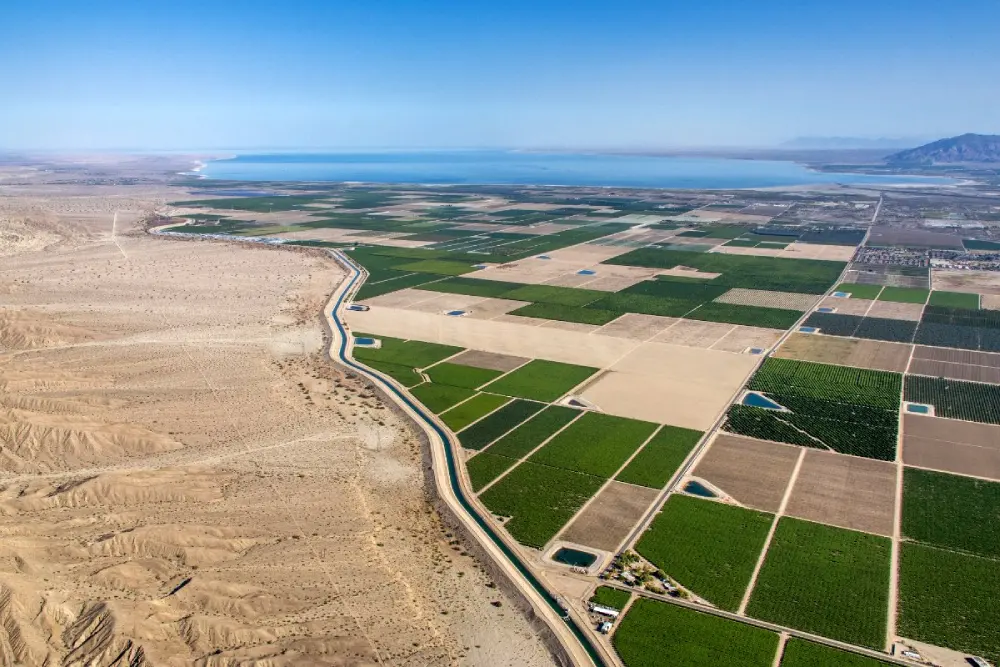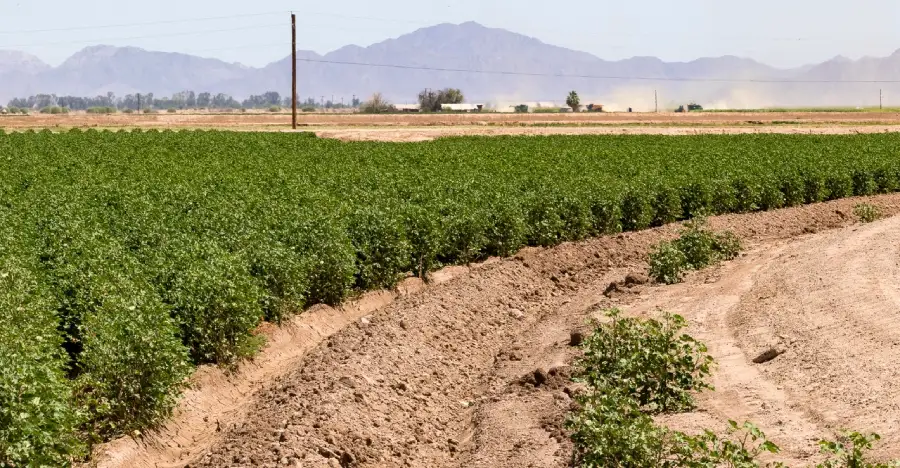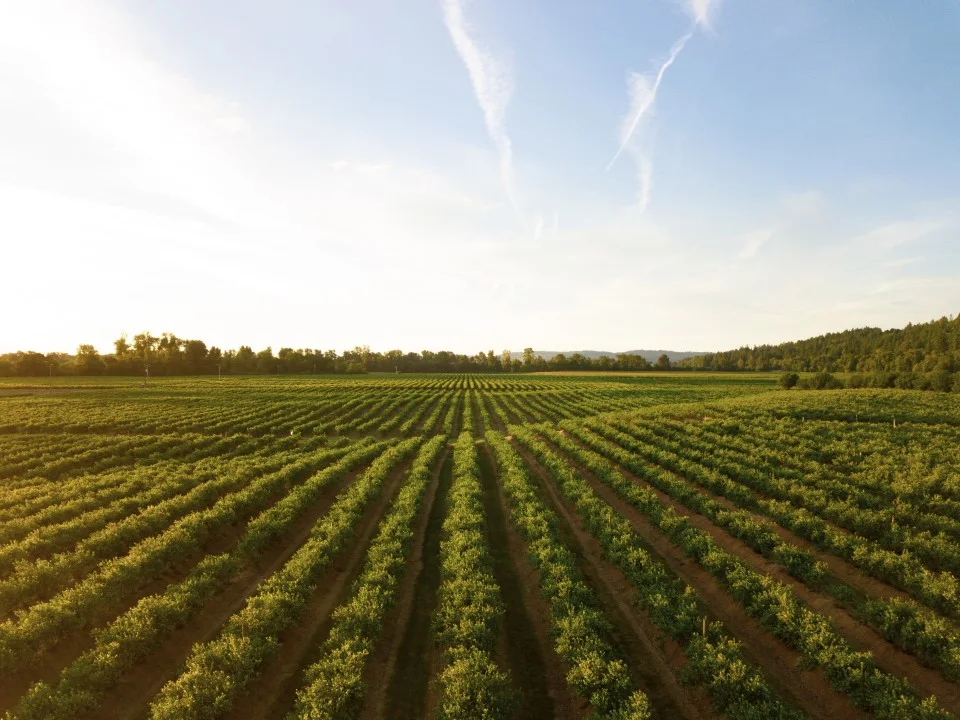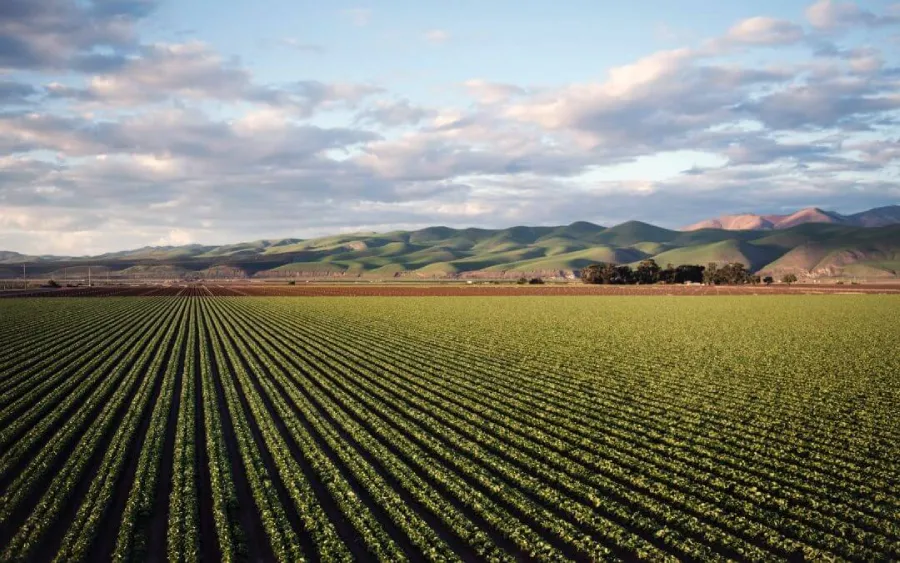Advantage

Compost
- Organic Matter Content: Initially high (around 70%), but decomposes to about 20% organic matter.
- Water Holding Capacity: 130% — low water retention compared to Hundzsoil.
- Longevity: Short-term (lasts only one season) due to decomposition of organic matter.
- pH Control: Uncontrolled — fluctuates based on the materials used and the process.
- Weed Seeds and Bio-contamination: Likely to contain weed seeds and potential bio-contaminants.
- Advantages: Compost is beneficial for quick soil amendment and adding organic matter, but it lacks longevity, consistency, and can introduce undesirable elements like weeds and pathogens.
- Drawback: Because it degrades quickly and has uncontrolled pH, it’s not the most reliable long-term solution.

Hundzsoil (Most Advantageous)
- Organic Matter Content: Over 80% — very high concentration of organic matter.
- Water Holding Capacity: 300% — extremely high water retention, far superior to compost, biochar, and polymers.
- Longevity: Lasts more than 3 seasons, providing long-term soil improvement without frequent replenishment.
- pH Control: Controlled pH, ensuring the soil environment remains stable and optimal for plant growth.
- Weed Seeds and Bio-contamination: Weed seed and bio-contamination free — UV-treated to ensure that no harmful pathogens or seeds are present.
- Advantages: Hundzsoil provides superior benefits in water retention, soil structure improvement, and long-lasting soil health. Its high organic matter content and controlled pH make it a consistent and reliable conditioner that promotes healthier soil over multiple growing seasons.
- Conclusion: Hundzsoil stands out for its high organic matter content, long-lasting effects, excellent water retention, and weed & pathogen-free quality. It is the most advantageous option for improving soil health over time.

Biochar
- Organic Matter Content: Reduced from 70% to around 20-25%, so it has much less organic matter than Hundzsoil.
- Water Holding Capacity: 170% — moderate water retention, less than Hundzsoil but higher than compost.
- Longevity: Lasts for one season, similar to compost, but its effects may persist longer than compost in certain cases due to its carbon-rich nature.
- pH Control: High pH — biochar tends to make soil more alkaline, which may not be suitable for plants.
- Weed Seeds and Bio-contamination: Weed seed and bio-contamination free.
- Advantages: Biochar is useful for improving soil structure and adding carbon to the soil, which can help with nutrient retention.
- Drawback: Its high pH can be problematic for plants that prefer acidic soil, and it only lasts for a season, making it less effective for long-term soil improvement compared to Hundzsoil.

Polymers
- Organic Matter Content: Polymers are synthetic and don’t contribute organic matter to the soil. Organic matter is zero.
- Water Holding Capacity: High — polymers can hold a significant amount of water, but the holding force is much stronger than the root’s ability to access it, which can cause waterlogging.
- Longevity: Polymers last long but do not decompose in the soil and can accumulate.
- pH Control: Neutral to slightly acidic — polymers do not have a significant impact on soil pH.
- Weed Seeds and Bio-contamination: Not applicable, as polymers do not carry biological contaminants.
- Advantages: Polymers are excellent for retaining water in the soil, but not for plant root.
- Drawback: The low root water uptake and the potential for soil moisture imbalance are significant issues. Roots may struggle to extract the water they need, leading to plant stress, which is not ideal for healthy plant growth. They also do not contribute organic matter or other essential soil health factors.
Summary of Key Differences
|
Feature |
Compost |
Hundzsoil |
Biochar |
Polymers |
|---|---|---|---|---|
|
Organic Matter Content |
~20% (after decomposition) |
>80% (high) |
20-25% (low) |
None (synthetic) |
|
Water Holding Capacity |
130% |
300% |
170% |
High (but not plant-available) |
|
Longevity |
1 season |
3+ seasons |
1 season |
Long-lasting (but not decomposed) |
|
Long-lasting (but not decomposed) |
Uncontrolled |
Controlled pH |
High pH (alkaline) |
Neutral |
|
Weed Seeds/Bio-Contamination |
Likely present |
Weed seed and bio-contamination free |
Weed and bio-contamination free |
Not applicable |
|
Main Advantages |
Quick organic matter addition, absorption and good for short-term soil improvement |
High organic matter, long-lasting, excellent water retention, stable pH |
Improves structure and adds medium carbon, long-term benefits |
Water retention, suitable for dry conditions |
|
Main Disadvantages |
Short-lived, uncontrolled pH, may introduce weeds and pathogens. |
None, superior in all aspects |
High pH, only lasts one season |
Water imbalance, no organic content |
Conclusion
Among the options presented, Hundzsoil stands out as the most advantageous organic soil conditioner. Its high organic matter content (over 80%), superior water holding capacity (300%), long-lasting benefits (more than 3 seasons), and controlled pH make it the best option for enhancing soil health over time. Unlike compost or biochar, Hundzsoil doesn’t degrade quickly or cause pH imbalances, and it is free from weed seeds and bio-contaminants, ensuring a healthy growing environment. Additionally, it offers much better water retention availability than polymers, with a consistent and available moisture supply for plants.
